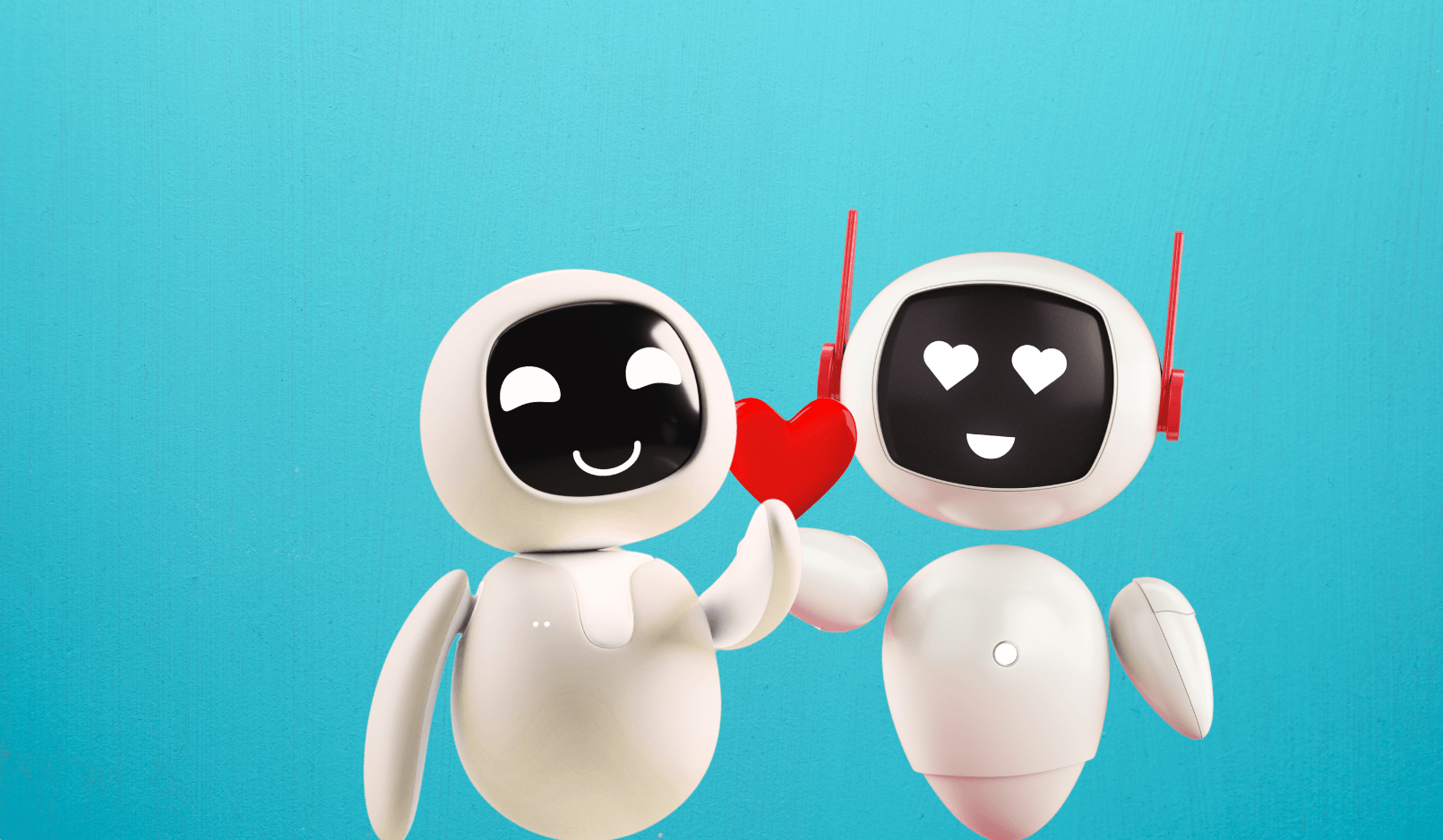There’s a Tony Award–winning show on Broadway right now that made me pause and reflect, not just on aging, but on love, purpose, and how we adapt when our function, or place in the world, begins to shift.
Maybe Happy Ending tells the story of two retired robots, and somehow, their fictional journey mirrors the deeply human experience of growing older. Here’s what it made me think about, and why it just might change the way we view aging.
A Robot’s Take on Aging
The story follows two retired robots who live in an apartment complex for retired robots in Korea. Both have been “abandoned” by their humans; each, a female and male robot, are grappling with their new lives in different ways.
Using an aging robot as an analogy for a human is certainly attention grabbing if not slightly baffling. After all, their looks don’t change but their effectiveness, driven by older software does. The female robot’s battery is dying and the male’s capabilities are limited due to an earlier software version.
Unsurprisingly, they get together and adapt through cooperation—mutually supporting each other, doing what the other cannot. He offers her a charging cord and she quietly assuages his battered self image. By the end, they are resolved to their aging and changed lives but intent to return to their apartments to live comfortably, together. It’s all a bit weird, a bit “pre-tech” – don’t you think?
The take on aging and retirement, told from a robot’s perspective is unexpected—at least it was for me. Inanimate beings aging? Robots living in a NORC (Naturally Occurring Retirement Community)? Functional obsolescence overlayed on to themes of retirement and aging is typically something we reserve for sentient beings and then, only the human variety! But the juxtaposition makes us think again about our prejudices toward aging and retirement.
The Psychology of Aging and Loss
Delving into social psychology, the musical profoundly examines the emotional experiences of robots – particularly the feeling of loss when they lose their functional capabilities and, perhaps even more significantly, their purpose. Not being able to perform like before or up to new expectations is part of the aging struggle. Coming to grips with physical changes, even if you still look young and great (like the robots did) is a hard process. The internal emotional struggle is harder still.
I have always been inspired by an article written by my friend, Victoria Howard Fitch, called “The Psychological Tasks of Aging”. In the article, Dr. Fitch outlines four fundamental tasks of aging: slowing, life review, transmission and letting go or being ok with the life that is rather than hoping for what was. This process, which she outlined thinking about aging up through death, is applicable for processing the physical and emotional changes we experience when we transition from one life stage to another. Regardless of where you are in life, change requires a chance to take the time to think, review what is and what can be, talk about it with others or with ourselves through journaling, and then know it is ok to move through and onward.
Robots as Companions for Older Adults
The second theme the show’s creators highlight relates to social robotics. Can a robot be a friend? Should a robot be a friend? Where do human relationships come in? Where do they end? Can there be both? What will the advent of social robotics mean to human happiness and longevity?
I am not personally drawn to robots. I can’t yet imagine a robot as a friend. But technology is changing and avatars can be remarkably lifelike. Several new companies have gotten substantial PE investments to develop and commercialize social robots. One such company, Meela, is offering AI companions for older adults. Their website says, “They call on a schedule and speak with you in real time—like a familiar voice on the other end of the line.” “She” speaks naturally and remembers details from earlier conversations and information friends or family provide.
A New Perspective on Endings
The musical is a single act and when it was over, I realized I was captivated by a story about robots that were acting much in the way humans act as they age and retire. While we may soon cross boundaries into a world where formerly inanimate objects both speak and seemingly feel, the musical Maybe Happy Ending left me thinking—-thinking a lot about what happy endings look like when one gets older and life changes.







